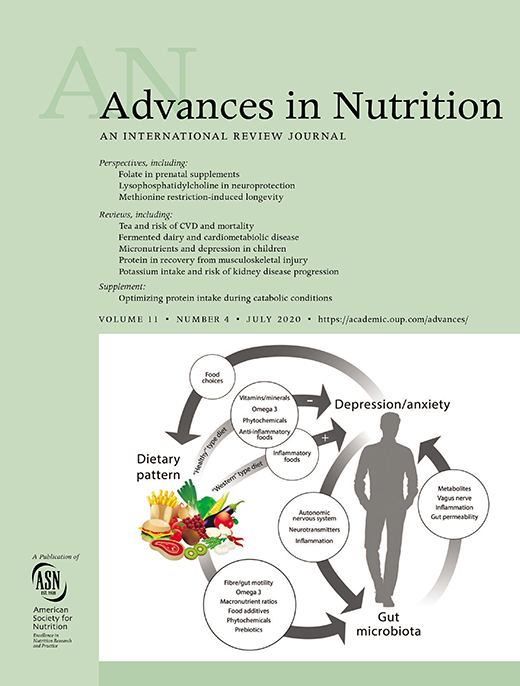Authors:
Stephen W D’Souza, Andrew J Copp, Nicholas D E Greene, Jocelyn D Glazier
Abstract
Supplementation with myo-inositol during the periconceptional period of pregnancy may ameliorate the recurrence risk of having a fetus affected by a neural tube defect (NTD; e.g., spina bifida).
This could be of particular importance in providing a means for preventing NTDs that are unresponsive to folic acid. This review highlights the characteristics of inositol and describes the role of myo-inositol in the prevention of NTDs in rodent studies and the evidence for its efficacy in reducing NTD risk in human pregnancy.
The possible reduction in NTD risk by maternal myo-inositol implies functional and developmentally important maternal–embryonic inositol interrelationships and also suggests that embryonic uptake of myo-inositol is crucial for embryonic development.
The establishment of active myo-inositol cellular uptake mechanisms in the embryonic stages of human pregnancy, when the neural tube is closing, is likely to be an important determinant of normal development. We draw attention to the generation of materno-fetal inositol concentration gradients and relationships, and outline a transport pathway by which myo-inositol may be delivered to the early developing human embryo.
These considerations provide novel insights into the mechanisms that may underpin inositol’s ability to confer embryonic developmental benefit.

